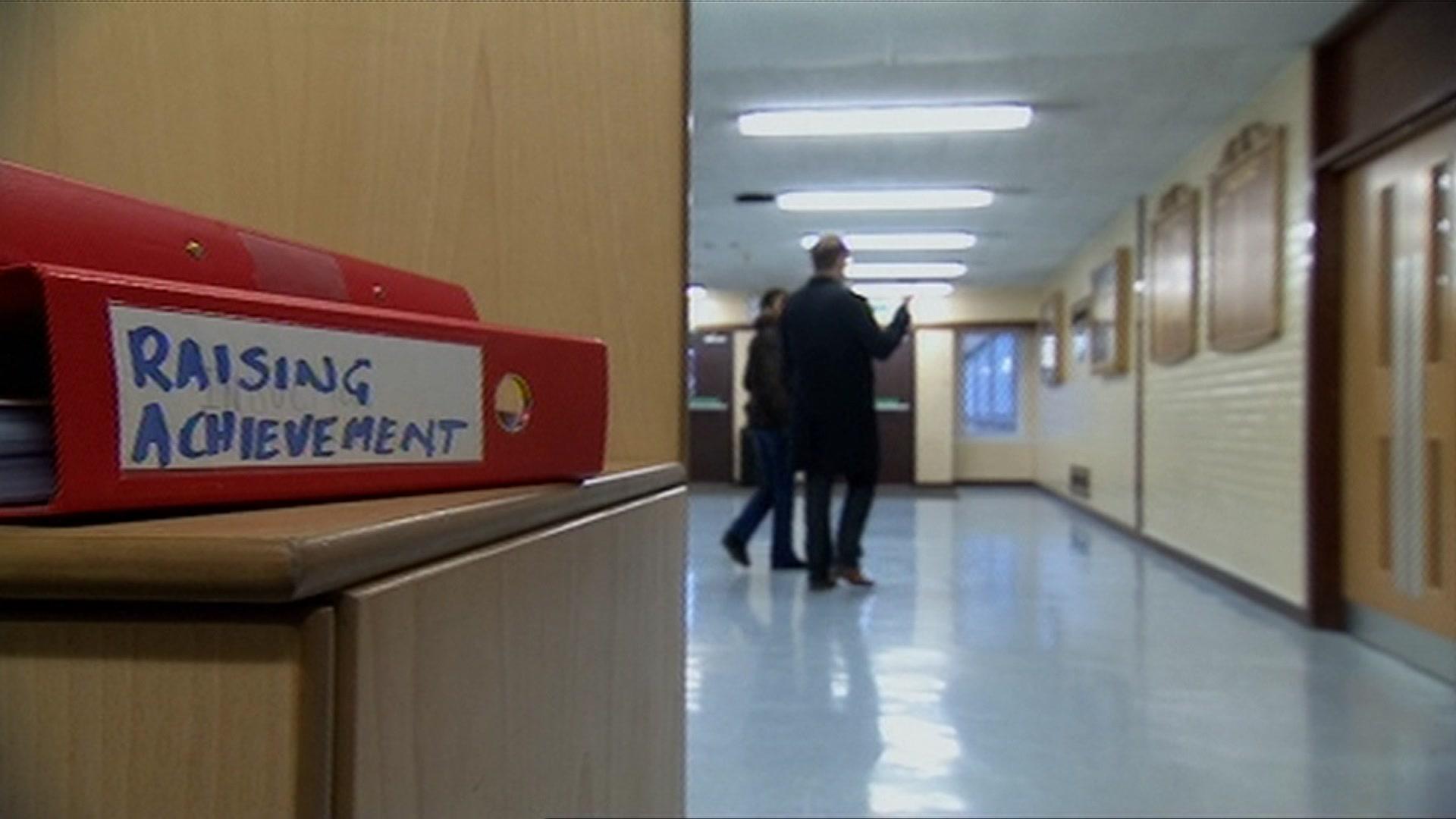Social mobility: Your experiences
- Published
Britain has "a social mobility problem", according to a report by a government commission, external. BBC News spoke to three young adults who have different views about whether they have struggled to make a better life for themselves.
'Treadmill families' going nowhere, says social mobility report
"I feel like I've gone backwards" - Lucy Rayner, 28, Farnborough
Mum Lucy says she had a "very middle class background" but struggled to find a job even though she had a first-class degree in media and cultural studies.
She now works in marketing, but says: "It's a bit of a struggle really, because if you work more hours you get less government support with things like childcare, and I spend almost everything I earn in a month on rent, which is about £1,000 a month.
"You try to cope with it and make the best of it, but it's quite frustrating. You have this model of how your life is supposed to be if you come from a certain background, but you feel like you are constantly trying to meet it. There's a lot of pressure."

Lucy says she thinks the one thing that would make the biggest difference to her social mobility would be having the chance to own her own home.
"I hoped to be able to afford my own home, but it's just not possible where I am now," she said.
"People might say it's all down to how hard you try, but I had a child very young and still supported myself at university and gained a degree.
"I have a reasonable job and I can't do any more than what I am doing."
"Many lack integrity, drive and ambition" - Nick Trafford, 30, London
"There's a lot of emphasis on the idea that poverty means you do worse at school, but I think it's down to the individual," says Nick, who grew up in Grimsby.
"I went to an underperforming comprehensive in a town with minimal growth. But I worked hard, got the A-levels I needed and went to university, entirely funded by a student loan.
"I wouldn't say at any instance that I was more privileged than anyone else or was given more opportunities than anyone else that wasn't a result of my own doing and hard work," he says.

Now a scientist with a PhD, Nick thinks social mobility is down to inspiring young people to study hard at school - and this is something he says parents don't always instil in their children.
But he adds: "It depends if you want it badly enough and if you're prepared to work hard for it."
"Most of the people at my university were from privileged backgrounds and their expenses were paid for by the bank of mum and dad - there were only a handful of people like me who had student loans, and I worked in a job at a bar to earn more money," he adds.
However, Nick says he does understand that life chances are not always simply down to trying hard - for example, those who don't have a happy home-life or in certain careers such as the creative arts where people may struggle to progress if they aren't as "wealthy or well-connected" as others.
"I think the best thing the government could do to help people become more socially mobile is to inspire them in school," Nick says.
"You still face stereotypes" - Cassie John-Charles, 26, West Drayton
"I had a good childhood, but I was a young mum and by the time I sat my last college exam at 18 years old, I was nine months pregnant," says Cassie, who later graduated with a 2:1 in criminology from Middlesex University.
She found it hard to gain employment though, because her son was recently diagnosed with ADHD and is on the autism spectrum and she needs flexible employment that allows her to look after her him when needed.

"Even if I didn't have my son, I would find it very difficult to get a job," she says. "I had to do three years of voluntary work and then worked in retail on a five hour contract, and the childcare was more than what I earned."
Cassie thinks a trial work placement scheme could have helped her employment prospects, and could be made attractive to employers by allowing them to offer lower salaries initially.
"I don't want to stay at home, I would be bored out of my mind. You want to get the job, you have the qualifications, but employers keep saying you need more experience and how am I meant to get experience if I'm not given that chance?" she asks.
Although Cassie now works full-time in a pupil referral unit, she says she previously faced assumptions from strangers about whether she could improve her life chances.
"I have been told as a woman to stay at home, people thought that because I was a young mum that I couldn't achieve anything, but I got a degree," she says.
"I did at one point have to go on Jobseeker's Allowance and I felt the people in the Job Centre looked down on me.
"That was until they realised I had a degree, and then their attitude towards me totally changed and they started being nice towards me."
Join the conversation - find us on Facebook, external
- Published16 November 2016

- Published28 January 2014

- Published30 June 2016

- Published8 September 2016